2025-05-08
School of Economics and Management
The School of Economics and Management aims to become a leading institution in media management education in China. It is dedicated to cultivating interdisciplinary, application-oriented management professionals to support the development of the national news and publishing industry and the capital’s cultural and creative sectors. The School traces its origins to the Teaching and Research Office for Printing Enterprise Management established in 1982. In 1983, it was reorganized as the Department of Printing Enterprise Management, and in 1985 renamed the Department of Management Engineering. In 2003, it was integrated with the Department of Publishing and the Department of Foreign Languages to form the School of Publishing, Communication and Management. It became an independent entity—the School of Economics and Management—in 2010. Throughout its development, the School has remained closely aligned with the national publishing and media sector, having trained over 10,000 professionals in media management to date.
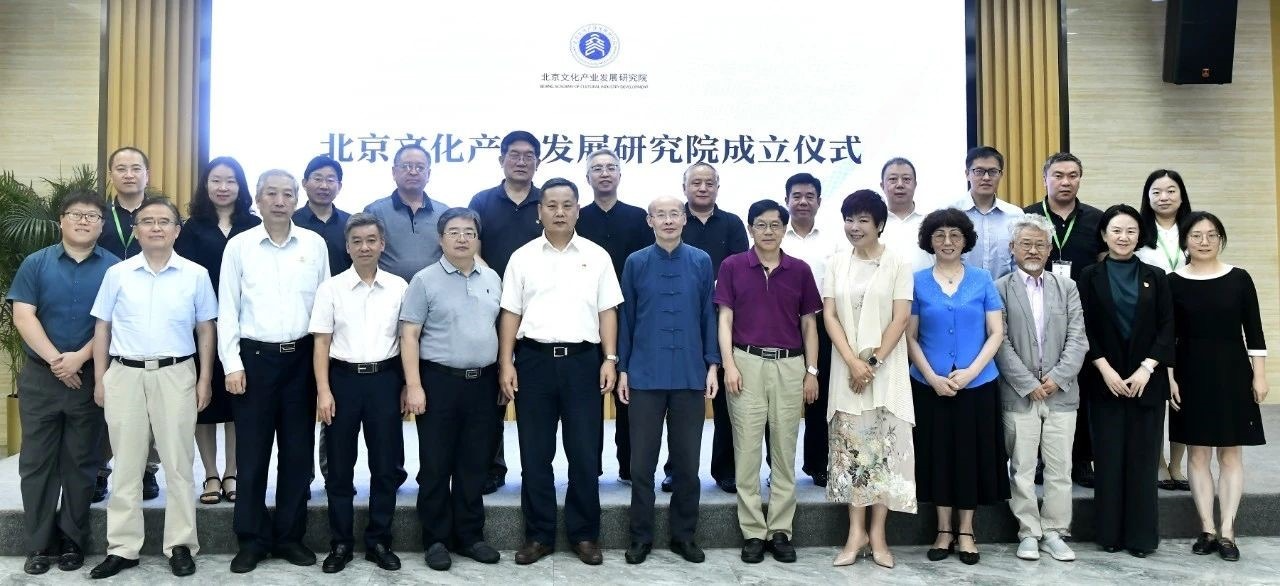
Inauguration Ceremony of the Institute for Cultural Industry Development
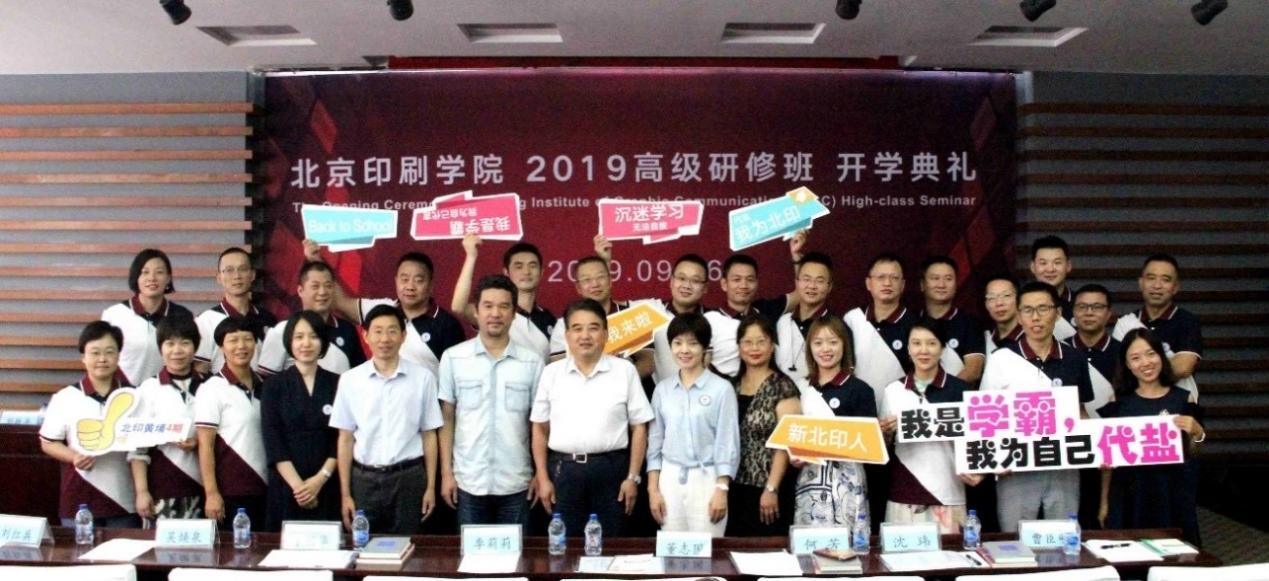
Opening Ceremony of the Advanced Training Program
The School has strong disciplinary and program advantages, currently offering four undergraduate programs: Financial Management, Information Management, Cultural Industry Management, and Marketing. Among these, Financial Management, Cultural Industry Management, and Information Management are designated as Beijing Municipal First-Class Undergraduate Programs, with Cultural Industry Management also recognized as a Beijing Dual-Talent Training Program. At the graduate level, the School offers a first-level master’s degree program in Business Administration, a professional master’s program in Accounting (MPAcc), as well as master’s programs in the sub-discipline of Media Economics and Management and the interdisciplinary field of Cultural Industry Management, forming a distinctive and well-structured cluster of disciplines in media management.
The School boasts a strong faculty team, with 55 full-time faculty members and over 70 external mentors and adjunct professors. Among the full-time faculty, 54.5% hold senior professional titles. The School has 34 graduate supervisors, and 46 faculty members hold doctoral degrees, accounting for 83.6% of the teaching staff. The School is home to one Beijing Municipal Outstanding Teaching Team, and its faculty includes: one Beijing Municipal Teaching Master, one Beijing Municipal Leading Innovative Talent, six Outstanding Young and Middle-aged Backbone Teachers of Beijing, one Beijing Higher Education Young Leading Talent, two Beijing Higher Education Young Talents, one National Leading Talent in the News and Publishing Industry, one Capital Leading Talent in the News and Publishing Industry, and one talent recognized under Beijing’s “Four Batches” Program in the Publicity and Cultural System. The School has received numerous accolades, including: one Second Prize of the National Teaching Achievement Award, one nationally approved textbook under the 12th Five-Year Plan, one First Prize and two Second Prizes in the Beijing Municipal Teaching Achievement Awards, two Beijing Excellent Courses, and six Beijing Excellent or High-quality Textbooks. Faculty members have also won five awards in municipal-level teaching competitions, and many have been honored as Outstanding Communist Party Members of Beijing Higher Education Institutions and Model Teachers in Professional Ethics in Beijing.
Relying on key municipal and BIGC-level research platforms—including the Beijing Research Base for the Publishing Industry and Culture, the Beijing Institute for Cultural Industry Development, the Institute for Cultural Industry Security at Beijing Institute of Graphic Communication, and the Key Laboratory for the Economics and Management of the Modern Media Industry—the School provides strong support for faculty research. In recent years, the School has secured numerous high-level research projects, including those funded by the National Social Science Fund of China (NSSFC), the National Natural Science Foundation of China (NSFC), and the National Soft Science Research Program. Faculty members have published a large number of academic monographs and textbooks, and produced many high-quality research papers. Some of these achievements have received prestigious awards, such as the Outstanding Scientific Research Achievement Award (Humanities and Social Sciences) for Higher Education Institutions by the Ministry of Education and the Beijing Excellent Textbook Award.
The School plays an active role in supporting the development of Beijing as a national cultural center. It undertakes key tasks such as compiling the Beijing Cultural Industry Development Report and assisting with the cultivation of cultural enterprises for public listing. Leveraging its think tank capabilities, the School’s research outcomes have received positive instructions from Beijing municipal leaders on multiple occasions. It has also established a Direct Reporting Base for Party Committee Information in Dongcheng District, effectively linking research with policy advisory. The School contributes to regional and industry development, establishing several representative research and service initiatives: the “Huangpu Class” for professional training and service expansion; the “Bisheng Cultural Forum in Yingshan County” as a model for sustainable local cultural and tourism integration; and the “New Media Copyright Asset Operation” project as an example of teaching-research integration.
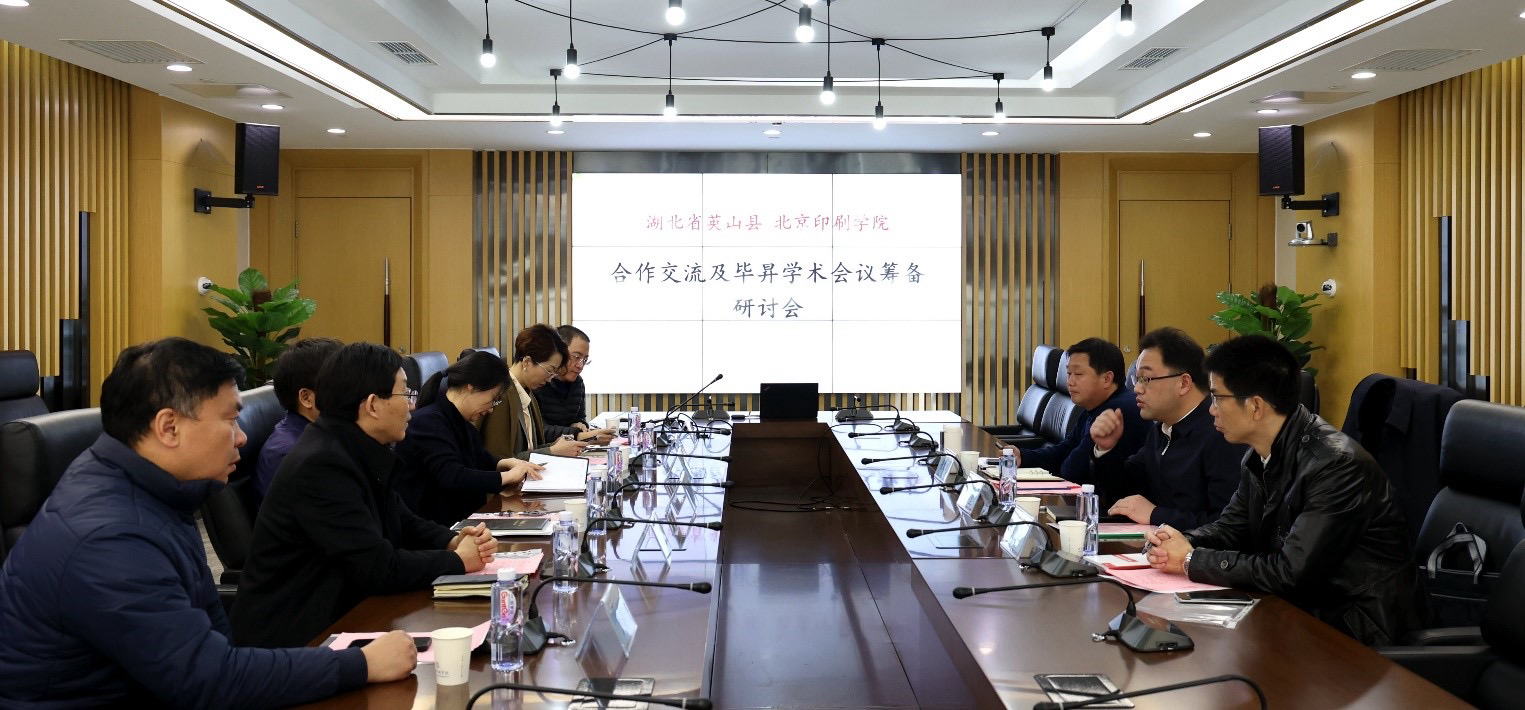
Cooperation and Exchange Meeting with Yingshan County, Hubei Province & Preparatory Seminar for the Bisheng Cultural Forum
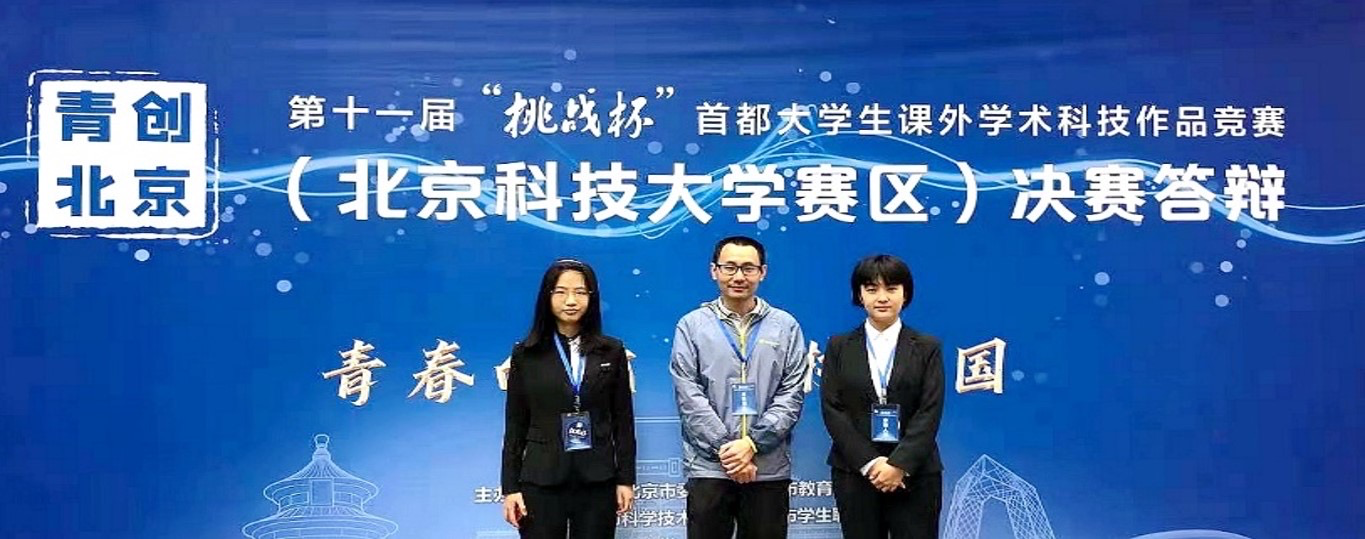
Final Round of the “Challenge Cup” Competition
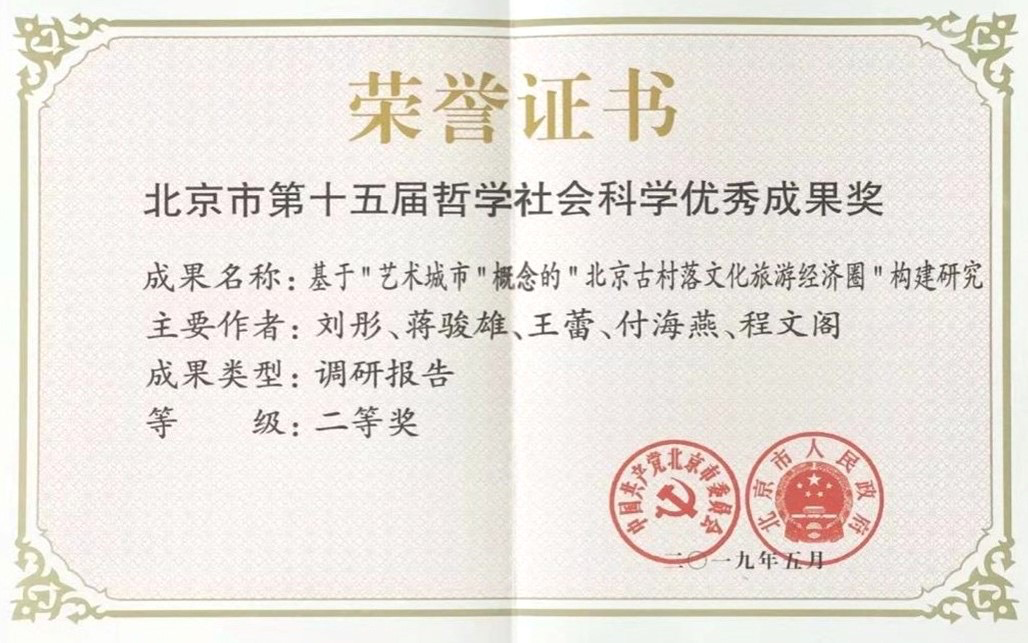
15th Beijing Outstanding Achievement Award in Philosophy and Social Sciences


